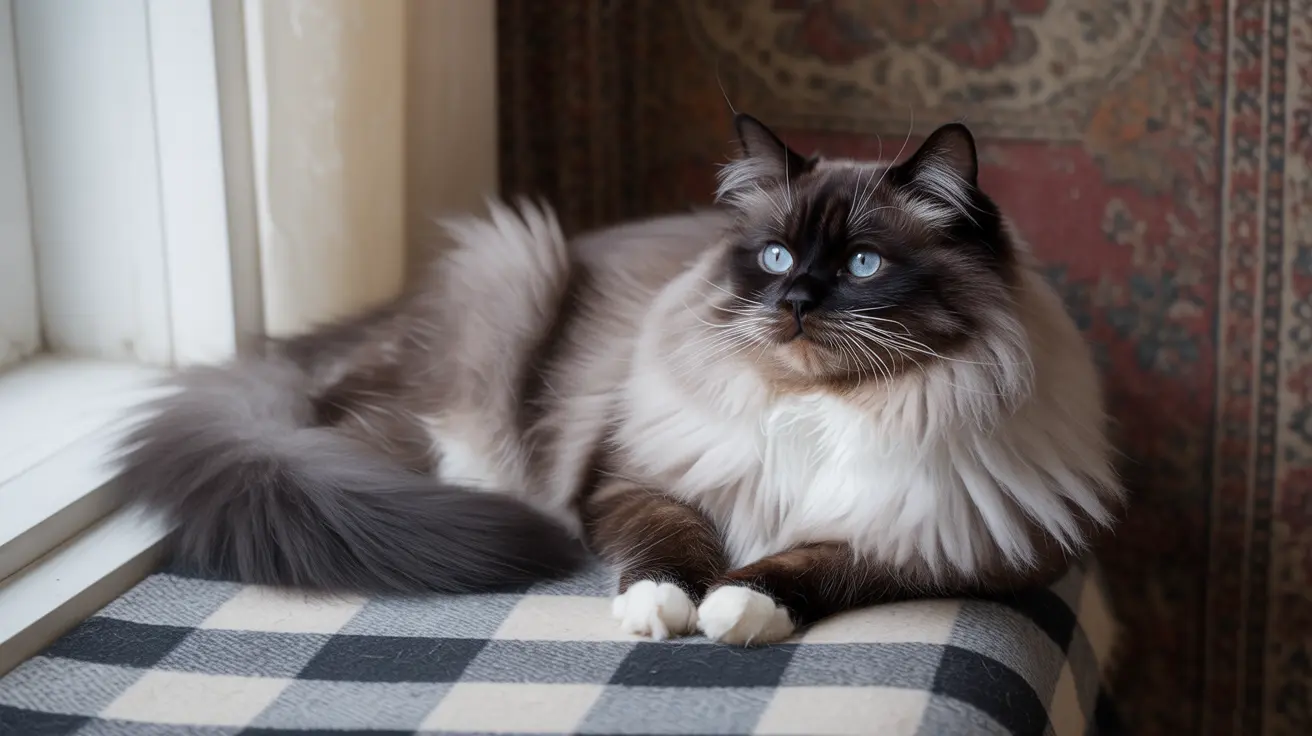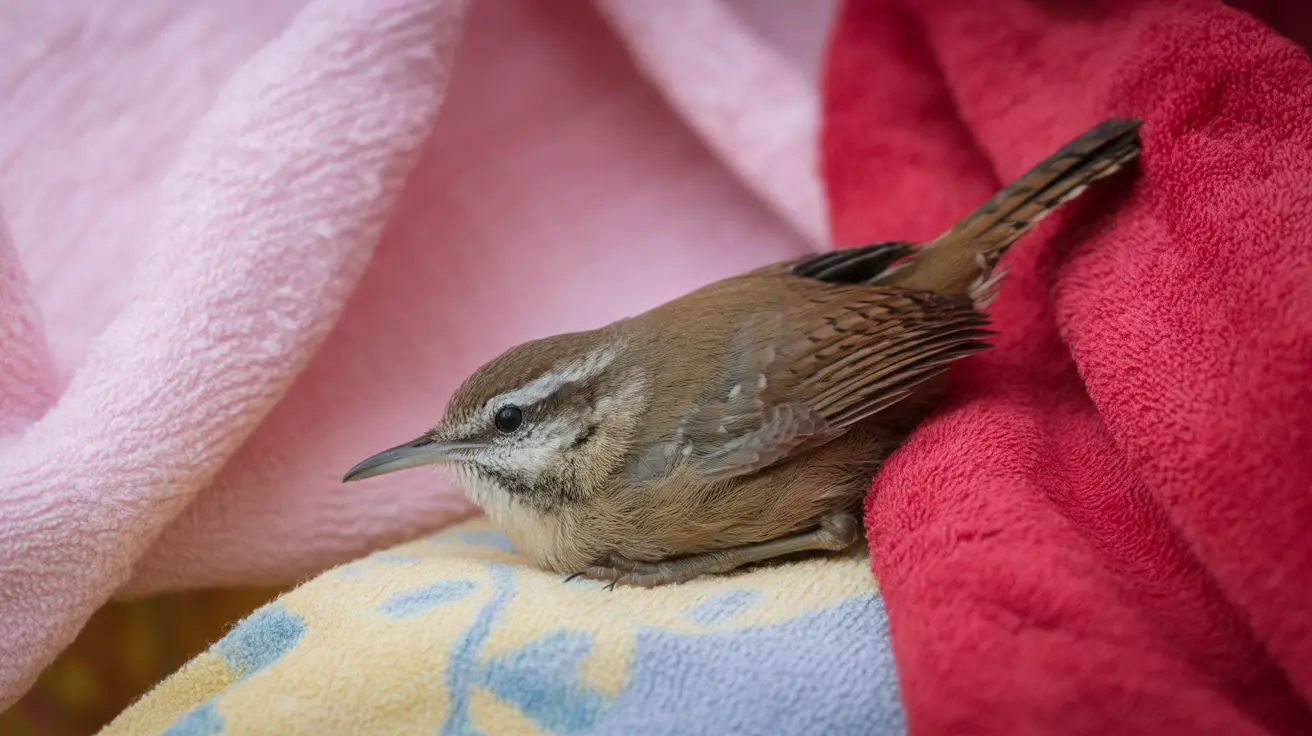If you're considering adopting a striking black-and-white tuxedo cat but suffer from allergies, you might be wondering whether these dapper felines are hypoallergenic. The short answer is no - tuxedo cats are not hypoallergenic, as their distinctive coat pattern has no bearing on the allergens they produce.
Let's explore the science behind cat allergies and why the tuxedo pattern, while beautiful, doesn't affect a cat's potential to trigger allergic reactions. We'll also discuss practical ways to manage cat allergies if you're set on sharing your home with one of these charismatic pets.
Understanding Tuxedo Cats and Allergens
Tuxedo cats aren't actually a specific breed - they're any cat sporting the classic black-and-white pattern that resembles formal wear. The misconception about their hypoallergenic status likely stems from confusion about what causes cat allergies in the first place.
Cat allergies are primarily triggered by a protein called Fel d 1, which cats produce in their skin glands and saliva. This protein's production is determined by genetics and individual biology, not by coat color or pattern.
The Science Behind Cat Allergies
When it comes to allergies, what matters isn't the visible coat pattern but rather what's happening at the microscopic level. Cats produce several allergenic proteins, with Fel d 1 being the most significant. These proteins are found in:
- Saliva
- Skin cells (dander)
- Urine
- Sebaceous gland secretions
The amount of these proteins varies between individual cats and breeds but has no correlation with the tuxedo pattern.
Factors That Actually Affect Cat Allergenicity
Breed Genetics
Some cat breeds naturally produce lower levels of Fel d 1, regardless of their coat pattern. These include:
- Siberian cats
- Balinese cats
- Russian Blue cats
- Devon Rex cats
Gender and Sexual Status
Male cats typically produce more Fel d 1 than females, and unneutered males produce the highest levels. This remains true whether the cat has tuxedo markings or not.
Grooming and Environment
Regular grooming and cleaning can significantly reduce allergen levels in your home. Key practices include:
- Daily brushing to remove loose fur and dander
- Weekly vacuum cleaning with HEPA filters
- Regular washing of cat beds and furniture covers
- Using air purifiers in main living areas
Living with a Tuxedo Cat Despite Allergies
If you're allergic but still want to share your life with a tuxedo cat, consider these practical strategies:
- Create allergen-free zones, especially in bedrooms
- Implement a strict cleaning routine
- Consider consulting an allergist about immunotherapy options
- Test your reaction by spending time with the cat before adoption
Frequently Asked Questions
Are tuxedo cats hypoallergenic or less likely to cause cat allergies?
No, tuxedo cats are not hypoallergenic. The black-and-white coat pattern has no impact on the production of allergenic proteins.
Does the tuxedo coat pattern affect how much allergenic protein (Fel d 1) a cat produces?
No, the amount of Fel d 1 protein a cat produces is determined by their genetics and biology, not their coat pattern or color.
How does fur length in tuxedo cats influence allergy symptoms at home?
Long-haired tuxedo cats may spread more allergens around the home due to increased shedding and dander distribution. Short-haired cats might be easier to manage for allergy sufferers.
What grooming tips can help reduce allergen exposure from tuxedo cats?
Regular brushing, frequent house cleaning, using HEPA air filters, and maintaining good hygiene practices can help reduce allergen exposure.
Can certain tuxedo cat breeds be better for people with mild cat allergies?
Yes, if a tuxedo cat belongs to a naturally low-allergen breed like Siberian or Balinese, they might trigger fewer allergic reactions - but this is due to their breed, not the tuxedo pattern.
Conclusion
While tuxedo cats aren't hypoallergenic, understanding the true nature of cat allergies can help you make an informed decision about pet ownership. With proper management strategies and consultation with healthcare providers, many people with mild to moderate allergies can successfully share their homes with these charming black-and-white felines.






